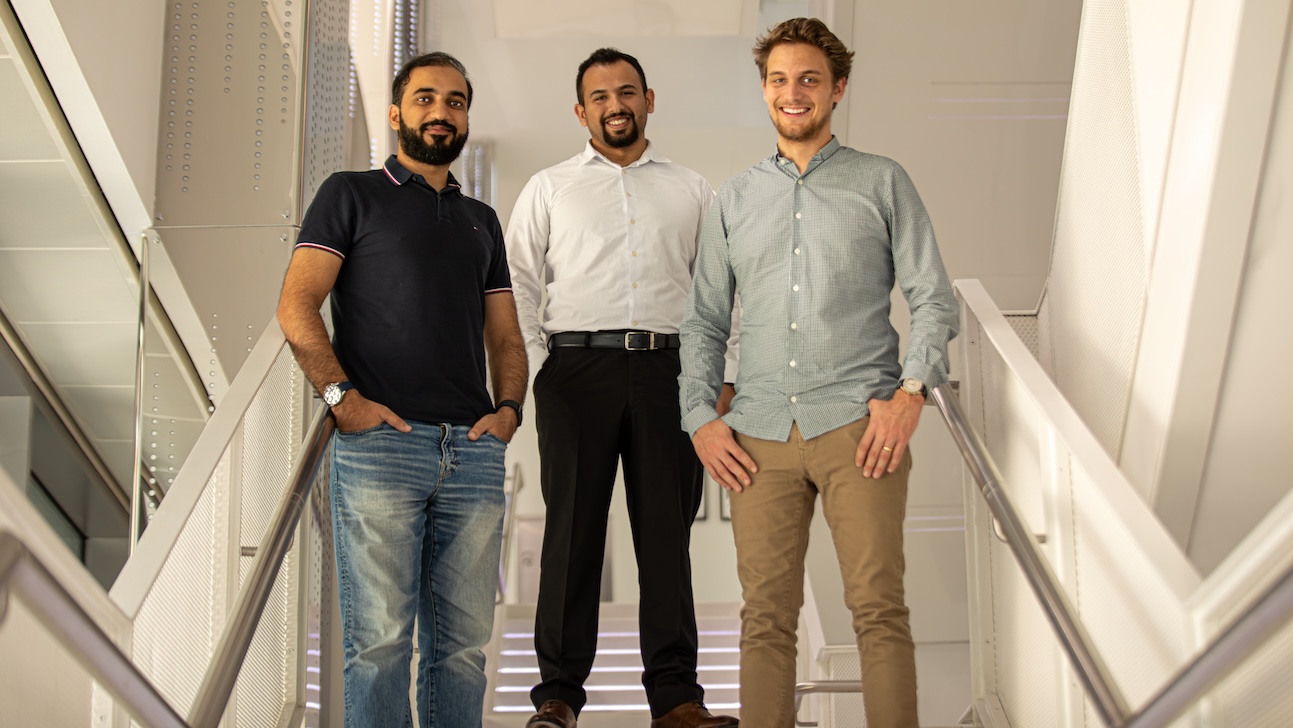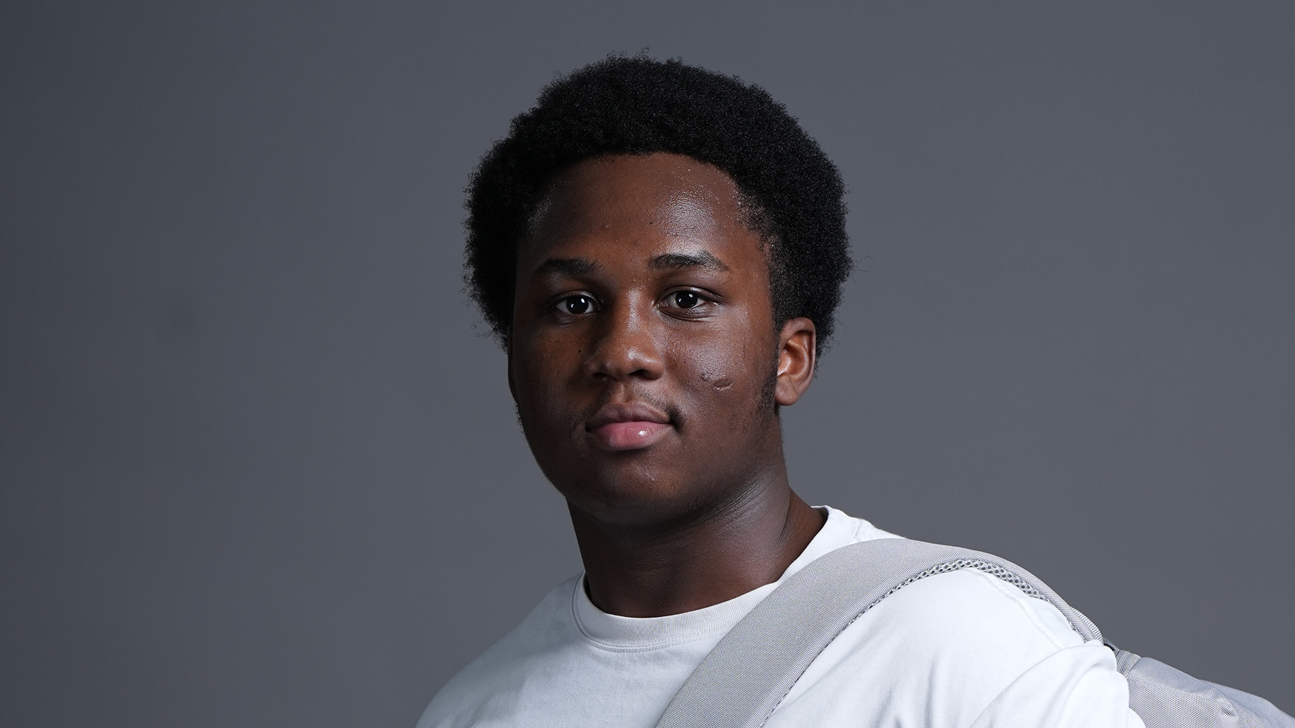MBZUAI’s first Ph.D. graduates pushing the boundaries of machine learning
Friday, May 31, 2024

Gaining a Doctor of Philosophy (Ph.D.) in machine learning is a considerable achievement yet nothing compared to the impact Mohamed bin Zayed University of Artificial Intelligence’s (MBZUAI) inaugural Ph.D. graduates will have on society and industry in the future.
Five years since its inception, MBZUAI will host its third and largest commencement with more than 100 students graduating as the Class of 2024 on June 6 at the Abu Dhabi Energy Center. Among them are the future leaders of technology, innovation, and creativity, reflecting the institution’s continued growth and international recognition as a leader in artificial intelligence (AI) excellence.
It will be an especially significant occasion for three students – Numan Saeed, William de Vazelhes, and Hilal Mohammad Hilal AlQuabeh – becoming the university’s first Ph.D. graduates, following rigorous research in groundbreaking areas of AI and machine learning.
The trio have investigated research in greenfield areas as part of their original thesis studies, which has the potential to make a tangible difference in crucial industries from healthcare to transport and finance. They bring with them knowledge, a deep sense of responsibility, and a profound understanding of the opportunity before them—the chance to shape a future where AI serves humanity with creativity, compassion, and unwavering ethical standards. All three will remain in the UAE as part of a new generation of talent that will drive AI and transform sectors and industries for the better.
Numan Saeed, who is from Pakistan and has a background in electrical engineering, focused his research on the potential uses of AI and big data processing to help diagnose and treat people with head and neck cancers. Saeed joined MBZUAI in 2021, having long been interested in AI after taking a course by machine learning pioneer, Andrew Ng.
Shortly after joining, Saeed found his niche researching how machine learning could be applied to help diagnose neck and head cancers, the seventh most common form of cancer globally. He was keen to conduct valuable research in this area due to the chronic demand for better services and solutions for people suffering from these cancers.
“These cancers can appear in various locations within the head and neck, posing difficulties in early detection due to differing symptoms,” Saeed said. “The challenges lie not only in the detection process but also in accurately pinpointing the location, which our AI models aim to address. Leveraging AI models to enhance the diagnosis and prognosis of cancer patients could significantly alleviate the burden on healthcare systems, in addition to helping the individual people being diagnosed.”
Saeed developed an AI model capable of interpreting PET and CT scans for signs of head and neck cancers. The system was aided by a natural language processing (NLP) solution to interpret associated doctors’ notes to give additional context and factor in variables including the patient’s age, gender, weight, prior treatment, and whether they drink alcohol or smoke.
Saeed believes the impact of his research, combined with technology such as portable ultrasound scanners, could be profound in countries such as India where oncological services are limited and there is a shortage of specialist clinicians. He is currently working as a postdoctoral graduate at MBZUAI on ongoing aspects of this research.
“I aim to publish further before transitioning to industry,” Saeed said. “I’m particularly interested in AI applications with real-world impacts. Abu Dhabi’s active AI scene and companies, and the university’s collaborations with entities like Cleveland Clinic Abu Dhabi, make it an appealing place to stay and contribute to the field.”
While AI has huge potential to transform healthcare, there are concerns about the intense computing resources, and energy, required to make it work effectively. This is a challenge that fellow Class of 2024 Ph.D. graduates, William de Vazelhes and Hilal Mohammad Hilal AlQuabeh, explored – albeit from differing angles.
de Vazelhes, the first French national graduating from MBZUAI, completed his engineering degree at the renowned Paris-Saclay University and worked in industry as a research engineer before deciding to undertake his Ph.D. in machine learning in Abu Dhabi. After graduating, he is keen to explore opportunities in industry in the UAE.
His research focused on optimization algorithms, which is the mechanism through which machine learning models learn from training data. In particular, he has focused on a special type of algorithms called hard thresholding algorithms, which enable AI to simplify and focus on the most critical information, making data easier to analyze and work with.
This research will prove vital as AI becomes more ubiquitous across industries. This is because the energy demands of AI models in their current form are not sustainable due to the intense demand for computing power, and energy.
“Comparing this approach [hard thresholding algorithms] with other optimization methods, we demonstrated that despite being from a class of algorithms usually hard to analyze (so-called non-convex algorithms), we can actually obtain results similar to those of algorithms easier to analyze (so-called convex algorithms), in many usual settings,” de Vazelhes said.
The efficiency of AI is also an area that Jordanian national Hilal Mohammad Hilal AlQuabeh focused on for his Ph.D. in machine learning. AlQuabeh’s research focused on techniques designed to improve the efficiency with which machine learning algorithms learn, with minimal or no less of efficacy.
“There are many areas of machine learning that I find interesting, but I was keen to tackle this challenge because, if not addressed, it could have a detrimental effect on sectors including healthcare, transport and logistics, and agriculture – particularly in remote areas – in the future, and I believe that the benefits of AI should be available to everyone,” he said.
AlQuabeh focused on machine learning methods known as pairwise learning and multi-instances learning. “Essentially, I looked at how machines can learn from different types of examples that are designed to enhance critical problem-solving and to improve their ability to spot nuanced details that they might ordinarily miss – and how to achieve this with limited information and resources,” he said.
Pairwise learning can be useful in applications such as anomaly detection and fraud prevention, and information retrieval and ranking, while multi-instance learning can be applied to areas including drug discovery, image classification, and text categorization.
Looking ahead, AlQuabeh is keen to continue working on theoretical machine learning challenges and would like to continue conducting research at MBZUAI, which is ranked in the top 20 globally for AI, computer vision, machine learning, NLP, and robotics (according to CSRankings).
Related
AI and the silver screen: how cinema has imagined intelligent machines
Movies have given audiences countless visions of how artificial intelligence might affect our lives. Here are some.....
- cinema ,
- art ,
- fiction ,
- science fiction ,
- artificial intelligence ,
- AI ,
Mind meld: agentic communication through thoughts instead of words
A NeurIPS 2025 study by MBZUAI shows that tapping into agents’ internal structures dramatically improves multi-agent decision-making.
- agents ,
- neurips ,
- machine learning ,
Youngest MBZUAI student sets sights on AI superintelligence at just 17
Brandon Adebayo joined the University’s inaugural undergraduate cohort, driven by a passion for reasoning, research, and the.....
- engineering ,
- student ,
- Undergraduate ,


